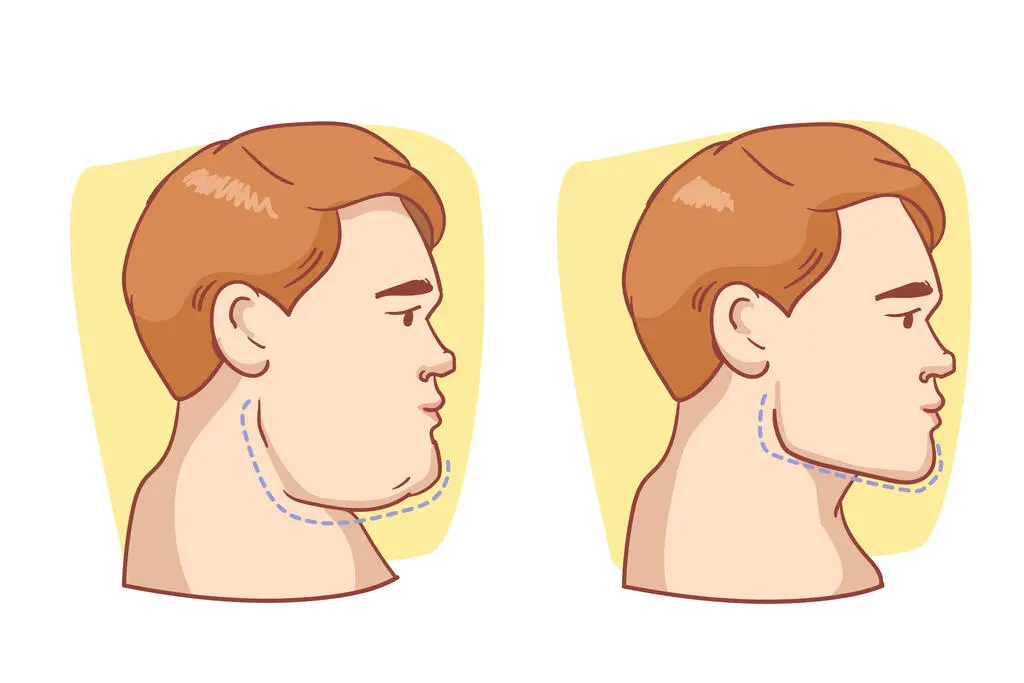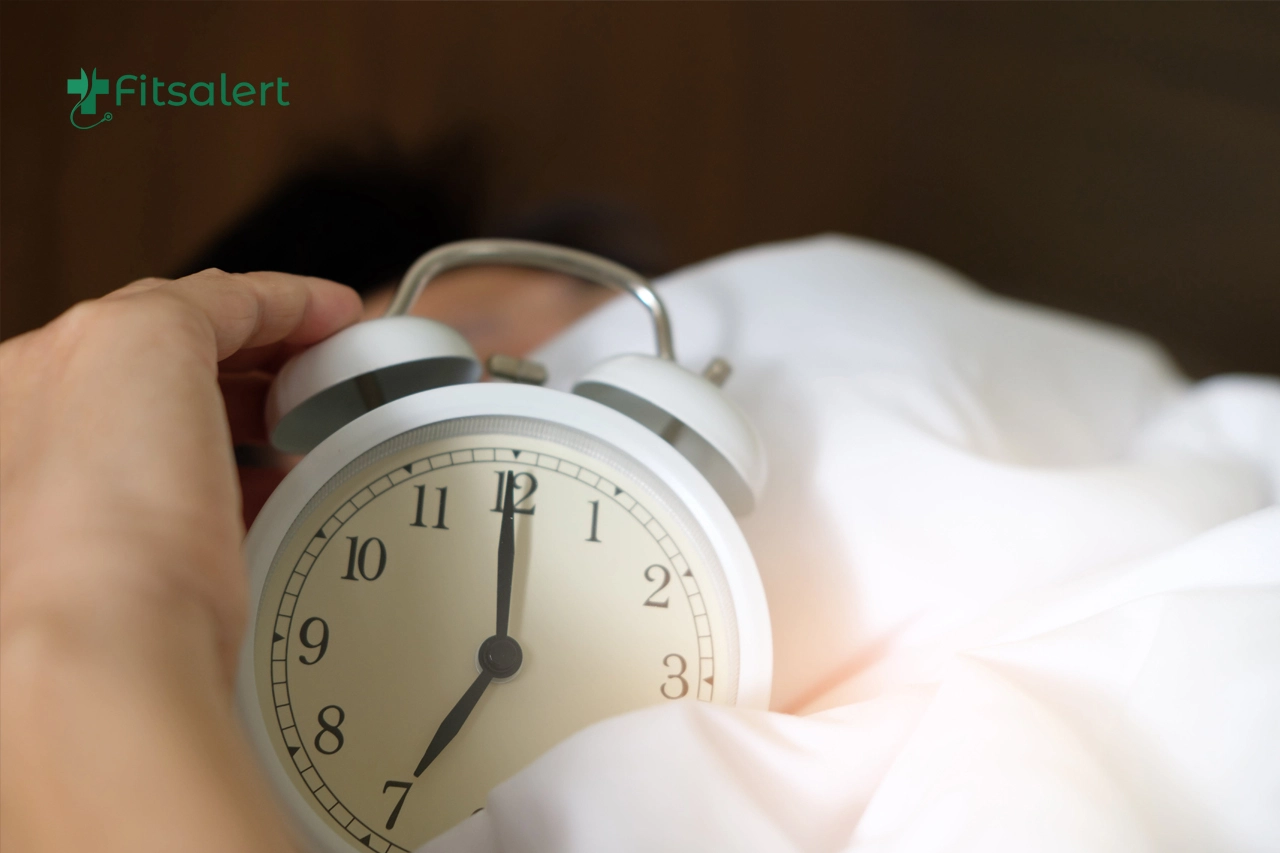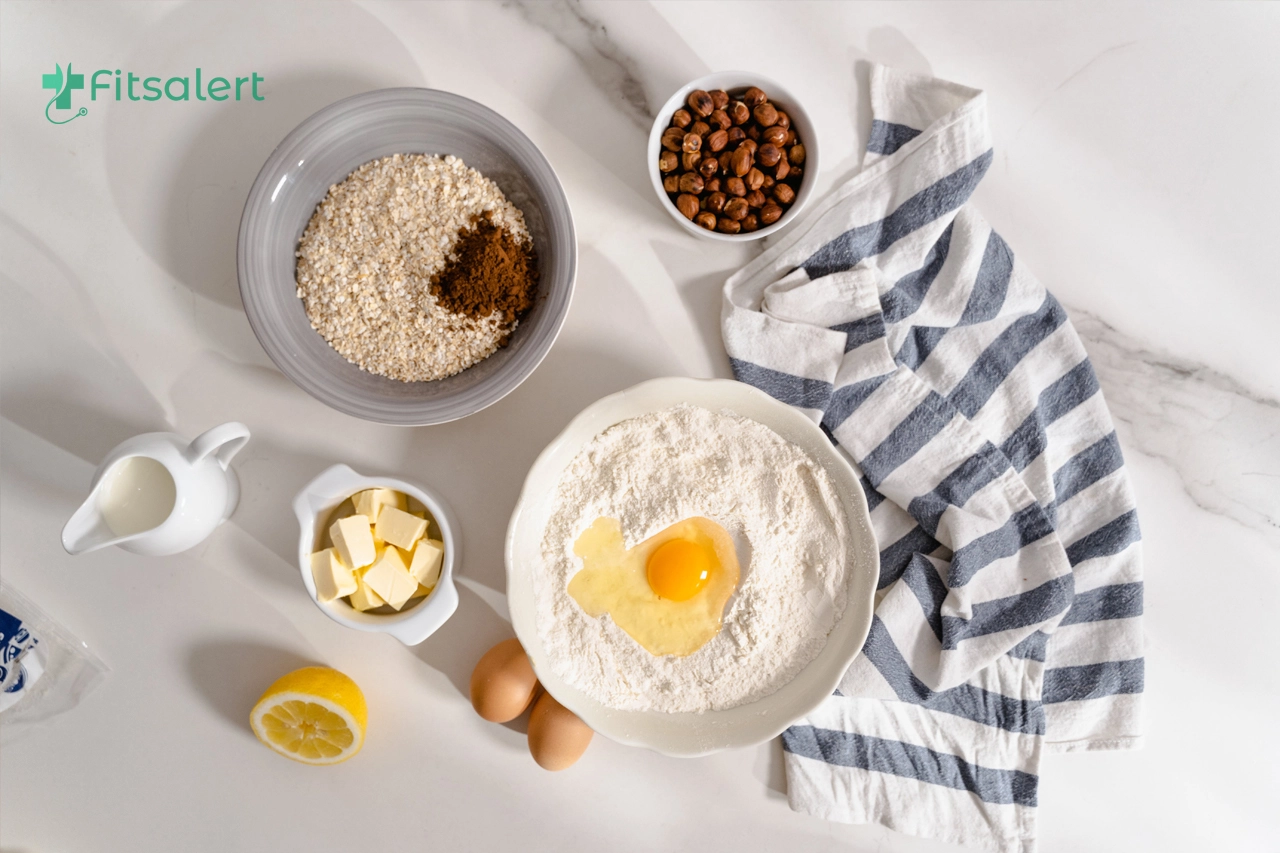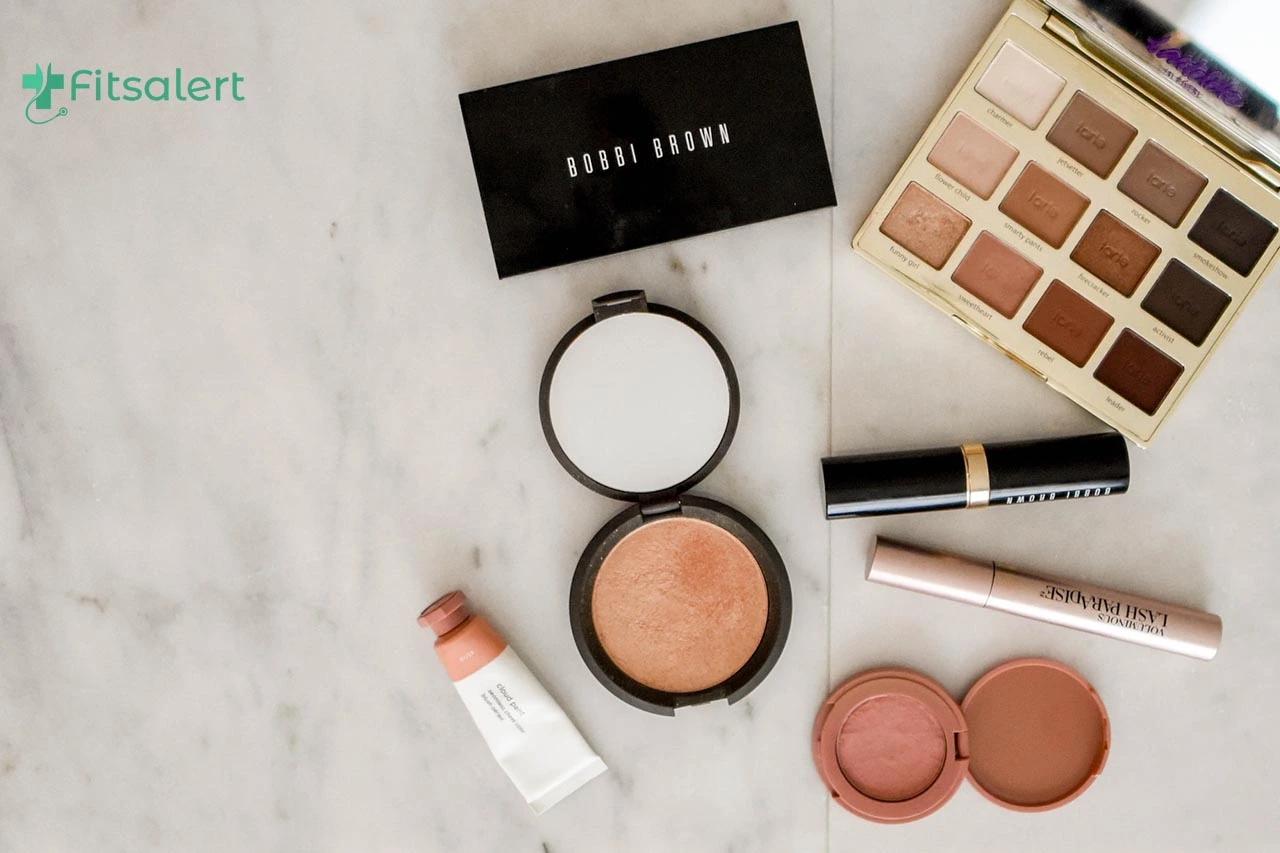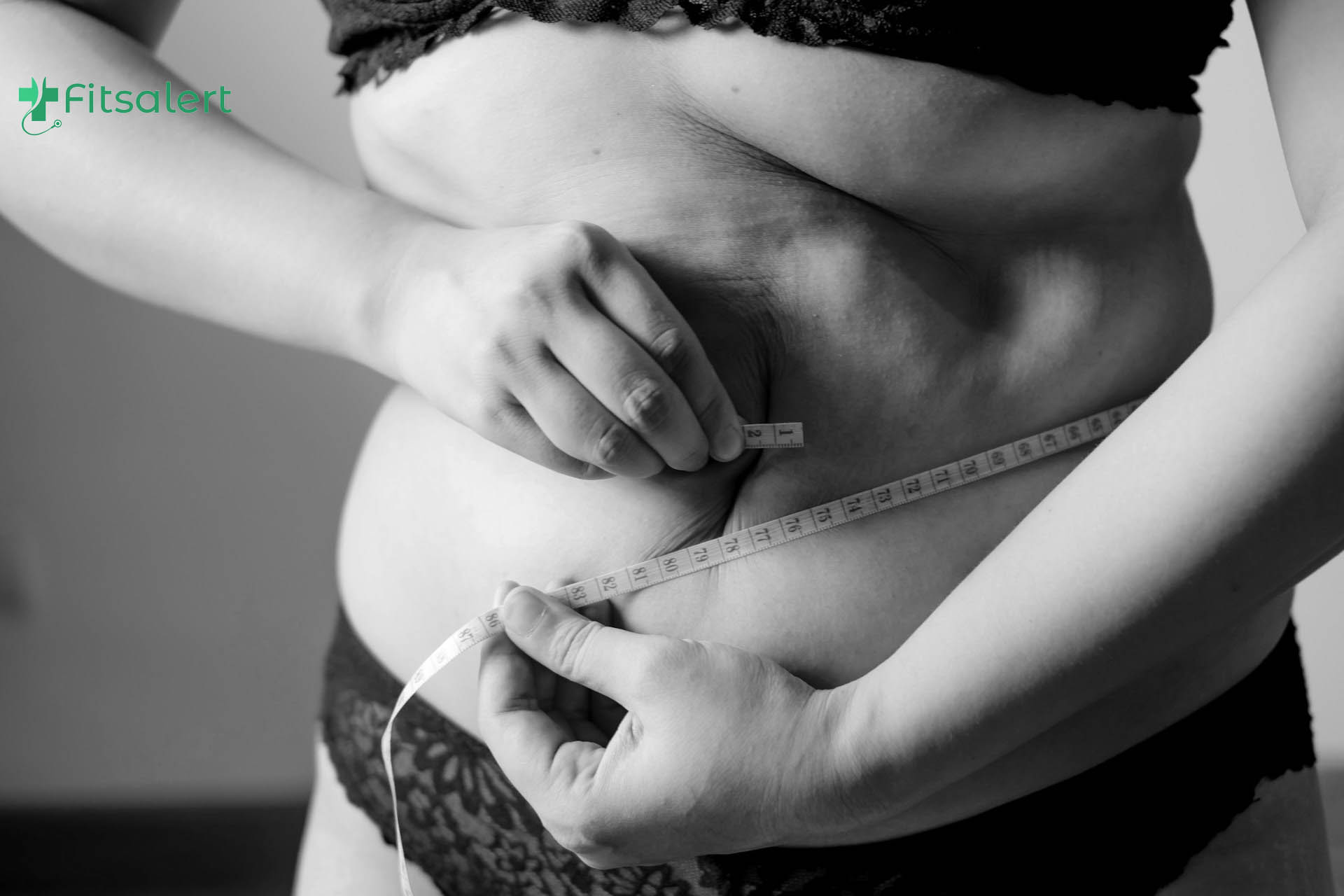Hypertension becomes a prevalent concern in seniors, accompanied by the freedom from certain responsibilities and the onset of chronic diseases like diabetes and high blood pressure.
Blood pressure, measured with two numbers, reflects the force of blood on vessel walls during heartbeats (systolic pressure) and the resting period between beats (diastolic pressure), with the latter being lower than the former.
Monitoring blood pressure is crucial for elderly individuals to manage and mitigate the risks associated with hypertension.
What Reading is Termed as “High?”
A normal blood pressure reading for an average person is 120/80, with prehypertension falling between 121-139/80-89.
Readings of 140/90 and above are considered high blood pressure or hypertension. However, for older adults, a slightly higher range (140-150/90-96) is acceptable due to age-related stiffening of blood vessels, ensuring adequate blood supply to organs.
High blood pressure, often termed a “silent killer,” can lead to fatal consequences, causing damage to the brain, heart, or kidneys, with symptoms often unnoticed until significant issues arise. Regular monitoring is crucial for timely intervention.
High blood pressure is a serious concern, posing the risk of various complications. It can lead to the bursting of the optic nerve, resulting in blindness.
Arteries may bulge, particularly in critical areas like the brain, legs, kidneys, and heart, increasing the chances of stroke, heart attack, kidney failure, or heart failure.
Managing and controlling blood pressure is crucial to mitigate these severe health risks. Regular monitoring, lifestyle changes, and medical interventions play a key role in preventing these potential complications.
Reasons of High BP in Old Age
Several factors contribute to high blood pressure in old age. These include being overweight, side effects of medications, genetic predisposition, prehypertension, diabetes, sedentary lifestyle, and stress.
It’s important to note that sometimes the cause of high blood pressure in seniors remains unidentified.
Regular health check-ups, maintaining a healthy weight, staying physically active, managing stress, and adhering to a balanced diet can help mitigate the risk and impact of hypertension in older individuals.
How to Manage High BP in Old Age?
Managing high blood pressure in old age involves adopting a healthy lifestyle. Key measures include –
- Adopt a low-sodium diet to regulate blood pressure.
- Include fruits, vegetables, and low-fat dairy products in your meals.
- Maintain an ideal weight through a balanced and nutritious diet.
- Engage in at least 30 minutes of daily exercise, tailored to individual capabilities.
- Quit smoking to reduce cardiovascular risks associated with high blood pressure.
- Limit alcohol intake to promote heart health.
- Increase water intake to 2 liters per day for overall well-being.
- Manage stress through activities like yoga or meditation.
- Regularly monitor blood pressure levels.
- Seek guidance from healthcare professionals for personalized advice and effective management.
Frequently Asked Questions
What is considered a normal blood pressure reading for seniors?
For an average person, a normal blood pressure reading is around 120/80. Prehypertension is considered when the reading is between 121-139/80-89, and anything over 140/90 is termed as high blood pressure or hypertension.
Why is high blood pressure a concern for seniors?
High blood pressure can lead to severe health issues such as heart failure, kidney failure, strokes, and even blindness. It is often referred to as a “silent killer” as symptoms may not be apparent until serious complications arise.
What are the potential causes of high blood pressure in old age?
Causes may include being overweight, genetic predisposition, side effects of medications, prehypertension, diabetes, sedentary lifestyle, and stress. In some cases, the cause might remain unknown.
How how to manage bp high in old age?
Lifestyle changes are crucial, including adopting a low-sodium diet, regular exercise, maintaining a healthy weight, quitting smoking, limiting alcohol intake, staying hydrated, and managing stress through activities like yoga or meditation.
What is the impact of high blood pressure on organs in seniors?
High blood pressure can lead to severe complications such as optical nerve damage causing blindness, arterial bulging in organs leading to kidney or heart failure, and an increased risk of stroke or heart attack.



